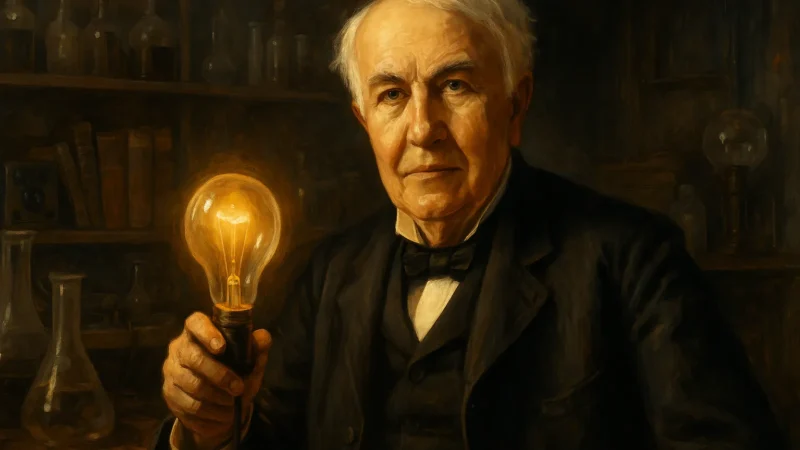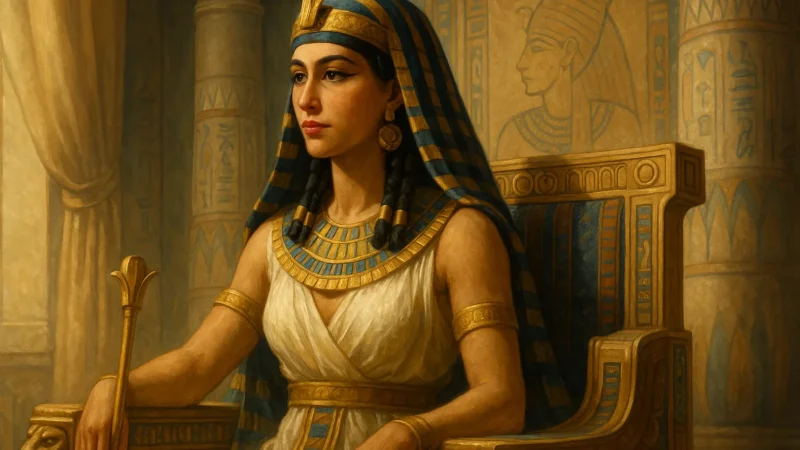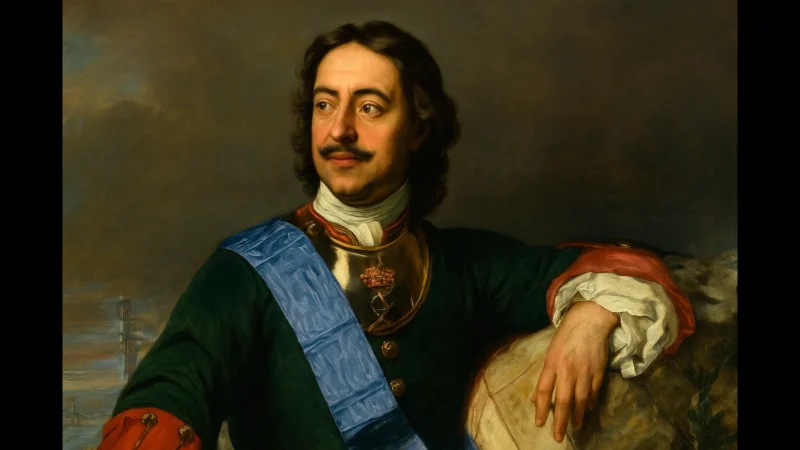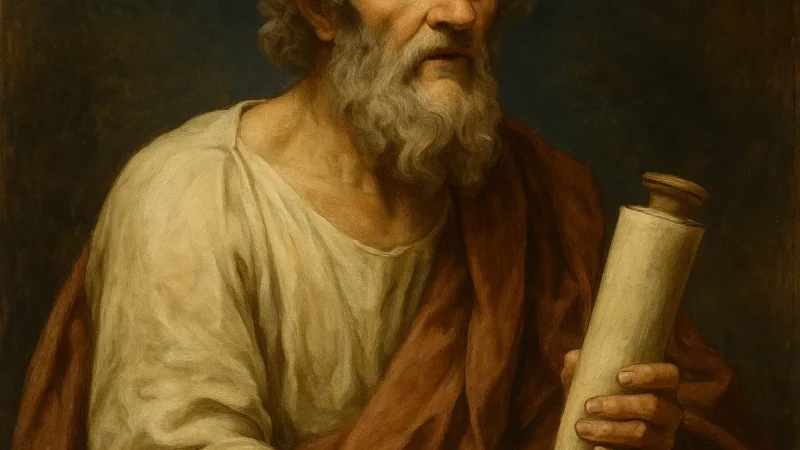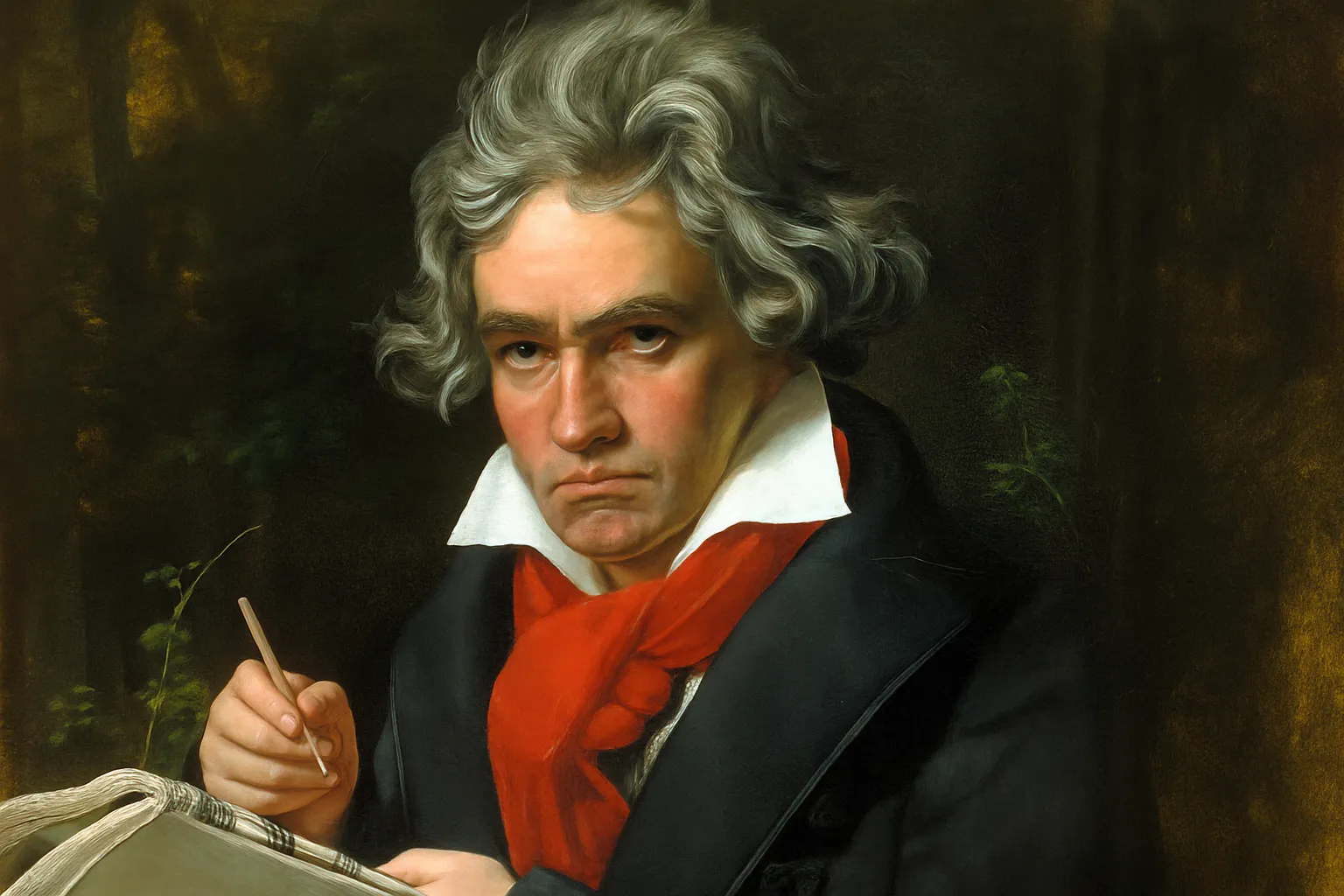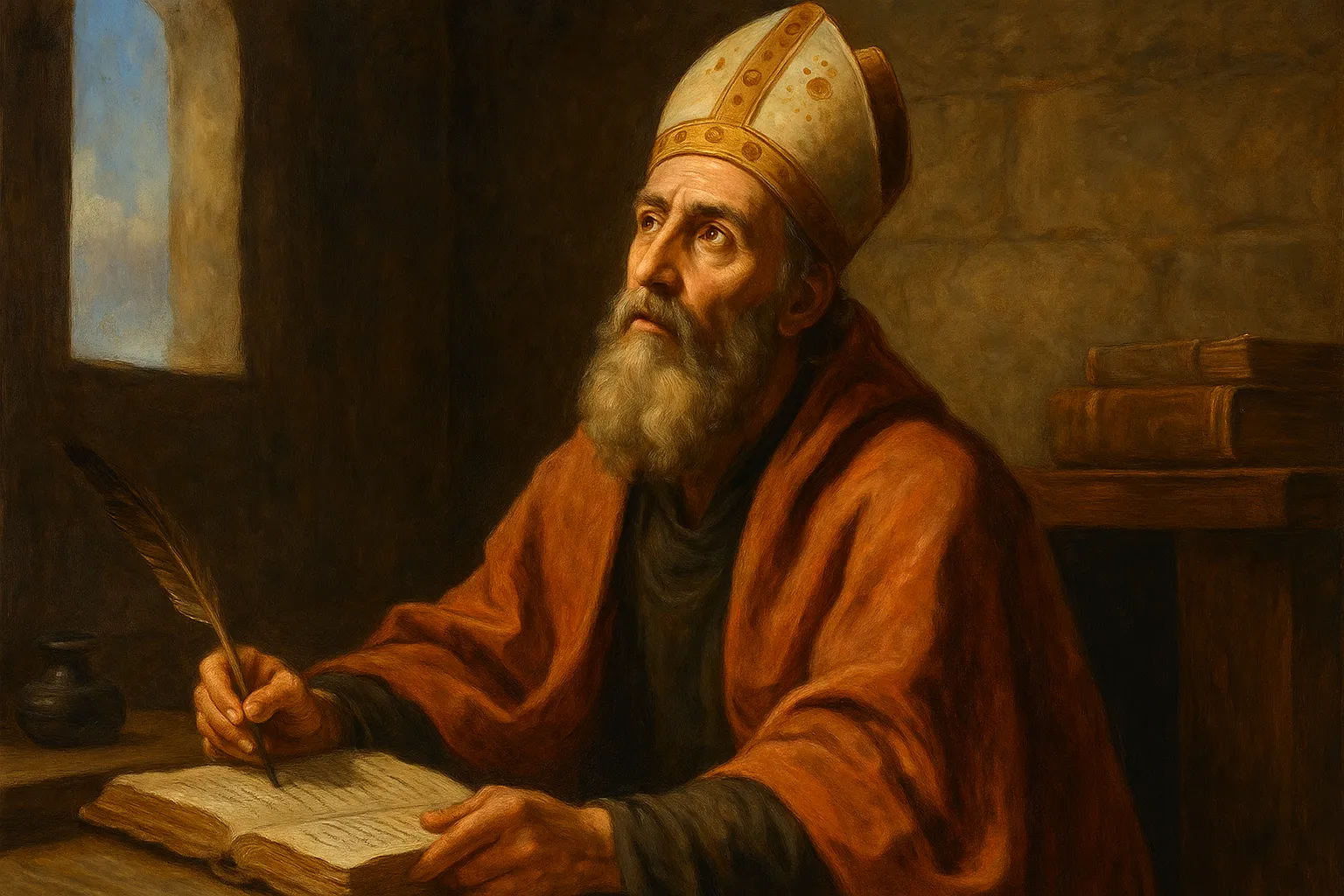Biography of Aristotle: the wise man who laid the foundations of Western thought
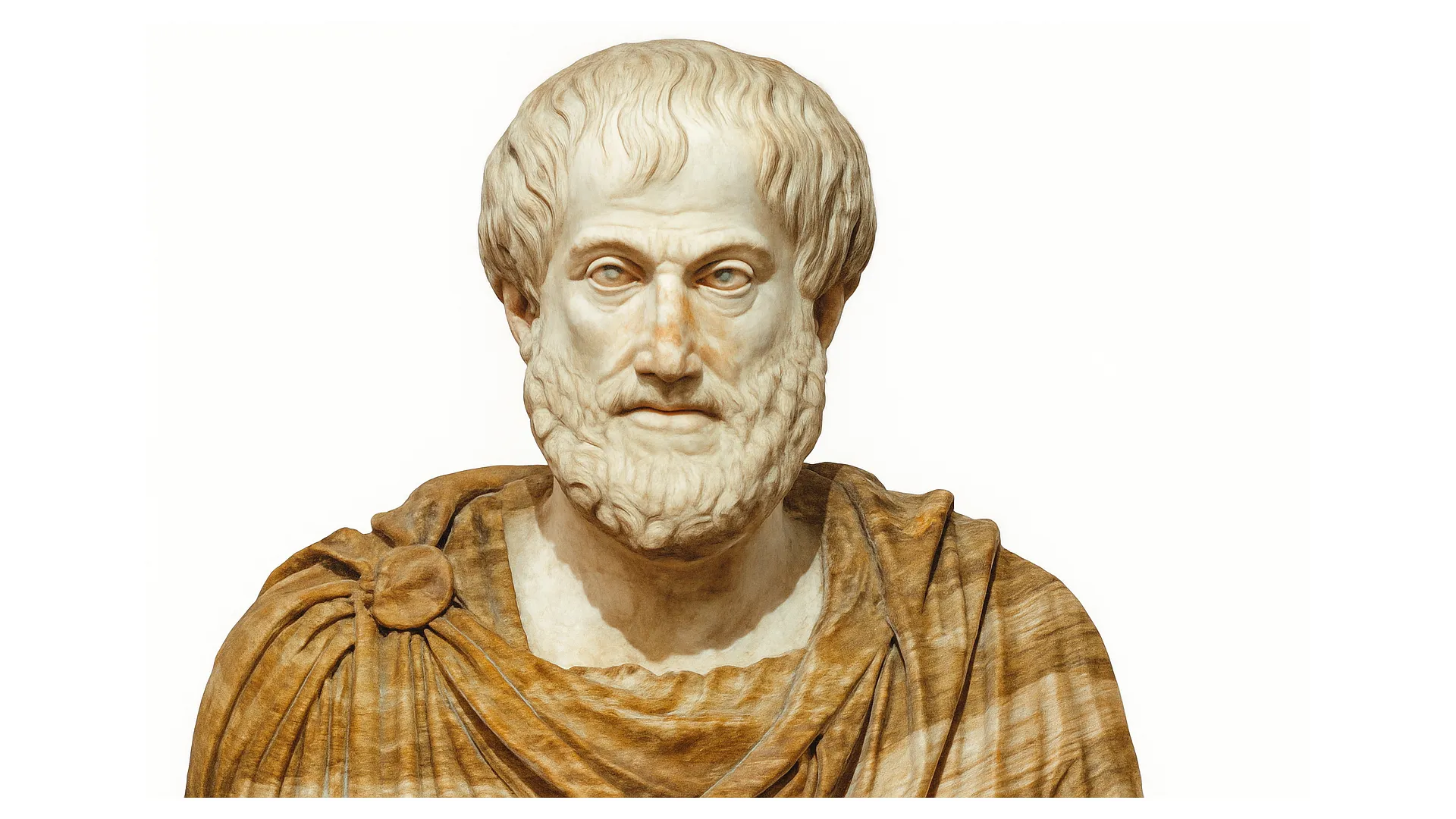
Aristotle is not merely a recurring name in philosophy, science, or politics textbooks. He is one of the few thinkers whose influence has transcended over two millennia and continues to shape how we understand the world. A student of Plato, teacher of Alexander the Great, and pioneer in disciplines ranging from logic and biology to ethics, rhetoric, metaphysics, and politics, Aristotle’s legacy is monumental. This article delves into the life, work, and enduring impact of Aristotle with a critical and educational lens designed to inform and inspire.
A Childhood Rooted in Medicine and Curiosity
Born in 384 BCE in Stagira, a city in the region of Macedonia in northern ancient Greece, Aristotle was raised in a household steeped in science. His father, Nicomachus, served as the physician to King Amyntas III, an environment that sparked Aristotle’s early fascination with observation and empirical knowledge. At seventeen, after the death of his parents, Aristotle moved to Athens to study at Plato’s Academy, where he would remain for twenty years.
From Brilliant Disciple to Independent Thinker
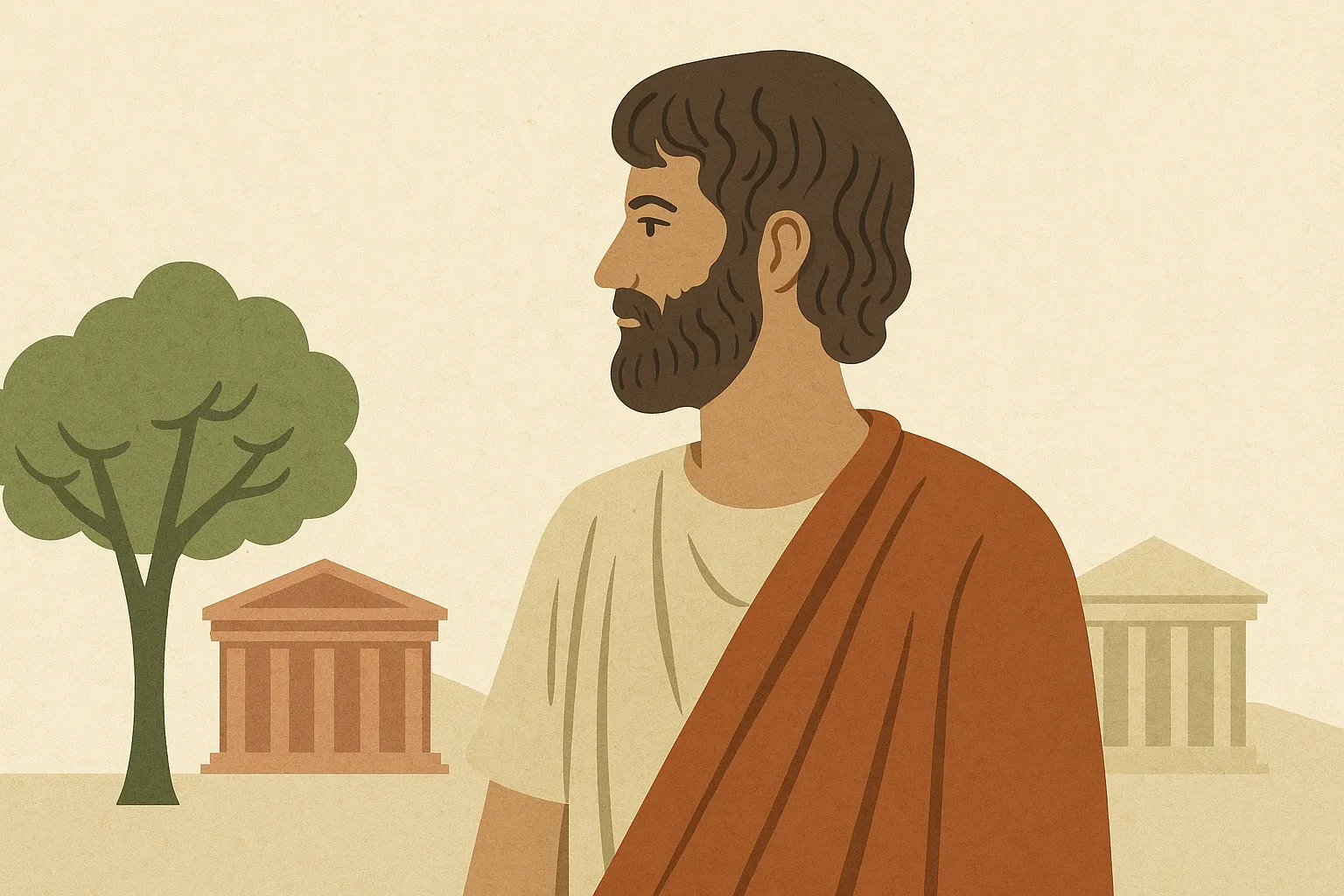
At the Academy, Aristotle quickly emerged as one of Plato’s most gifted students. Despite his respect for his mentor, Aristotle never fully embraced the Theory of Forms. Instead, he believed that knowledge should be grounded in empirical observation and systematic analysis of the natural world. This fundamental divergence from Platonic thought eventually led Aristotle to forge his own intellectual path.
After Plato’s death in 347 BCE, Aristotle left Athens and spent several years teaching and traveling across Greek cities such as Assos and Mytilene. It was during this period that many of his key philosophical ideas began to take shape.
Educator of the Future World Conqueror
In 343 BCE, Aristotle was summoned to the Macedonian court to tutor the young prince Alexander, son of King Philip II. Over several years, Aristotle educated Alexander in philosophy, science, politics, and rhetoric. While historians debate the precise influence of this education on Alexander’s later life, it is undeniable that Aristotle played a role in shaping the intellect of one of history’s most legendary figures.
The Lyceum: Cradle of Systematic Thought
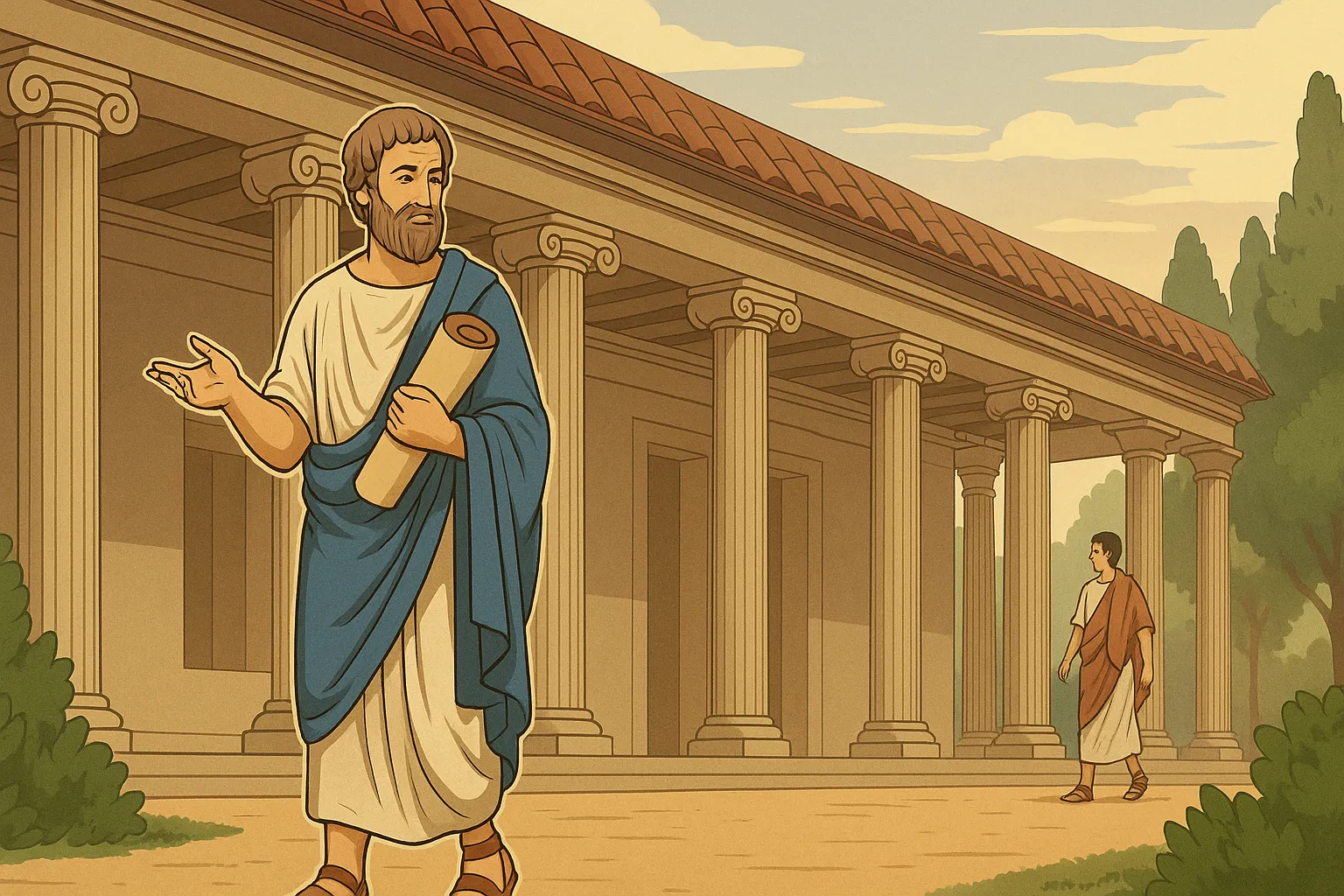
In 335 BCE, Aristotle returned to Athens and founded his own school, the Lyceum. Unlike Plato’s Academy, the Lyceum prioritized empirical studies, emphasizing observation, data collection, and the classification of knowledge. Aristotle and his followers—known as the Peripatetics—were known to walk the gardens of the Lyceum while discussing and developing philosophical ideas.
It was during this prolific period that Aristotle composed most of his major works, covering an astonishing array of topics: logic (“Organon”), ethics (“Nicomachean Ethics”), politics (“Politics”), metaphysics (“Metaphysics”), poetics (“Poetics”), rhetoric (“Rhetoric”), physics (“Physics”), and biology (“History of Animals,” “Parts of Animals,” among others).
Beyond Philosophy
What sets Aristotle apart from many philosophers is the breadth of his intellectual curiosity. He was the first to attempt a systematic classification of human knowledge. In logic, he developed the syllogism as a tool for deductive reasoning. In biology, he categorized hundreds of animal species based on direct observation. In ethics, he introduced the idea of virtue as a “golden mean.” In politics, he analyzed various forms of government and proposed his vision of the ideal just city-state.
Aristotle’s approach was grounded in the belief that knowledge must begin with experience but be elevated through rational thought. This synthesis of empiricism and logic laid the early groundwork for what would later become the scientific method.
Controversies and Criticism: Was He Above Reproach?
Despite the reverence Aristotle commands, his legacy is not without criticism. His acceptance of slavery as a “natural” institution has drawn significant ethical objections in modern times. Likewise, his teleological view—the idea that everything in nature serves a purpose—has been largely supplanted in contemporary biology and physics.
Additionally, during the medieval period, his works became so authoritative in scholastic thought, particularly in Thomism, that they arguably hindered scientific innovation by being treated as virtually unquestionable dogma.
A Sealed Legacy
Following the death of Alexander the Great in 323 BCE, anti-Macedonian sentiment surged in Athens. Fearing persecution, Aristotle withdrew to Chalcis on the island of Euboea, where he died the following year at the age of 62. He is said to have chosen exile “to prevent the Athenians from sinning twice against philosophy,” referencing the trial and execution of Socrates.
The Echo of Aristotle Through the Ages
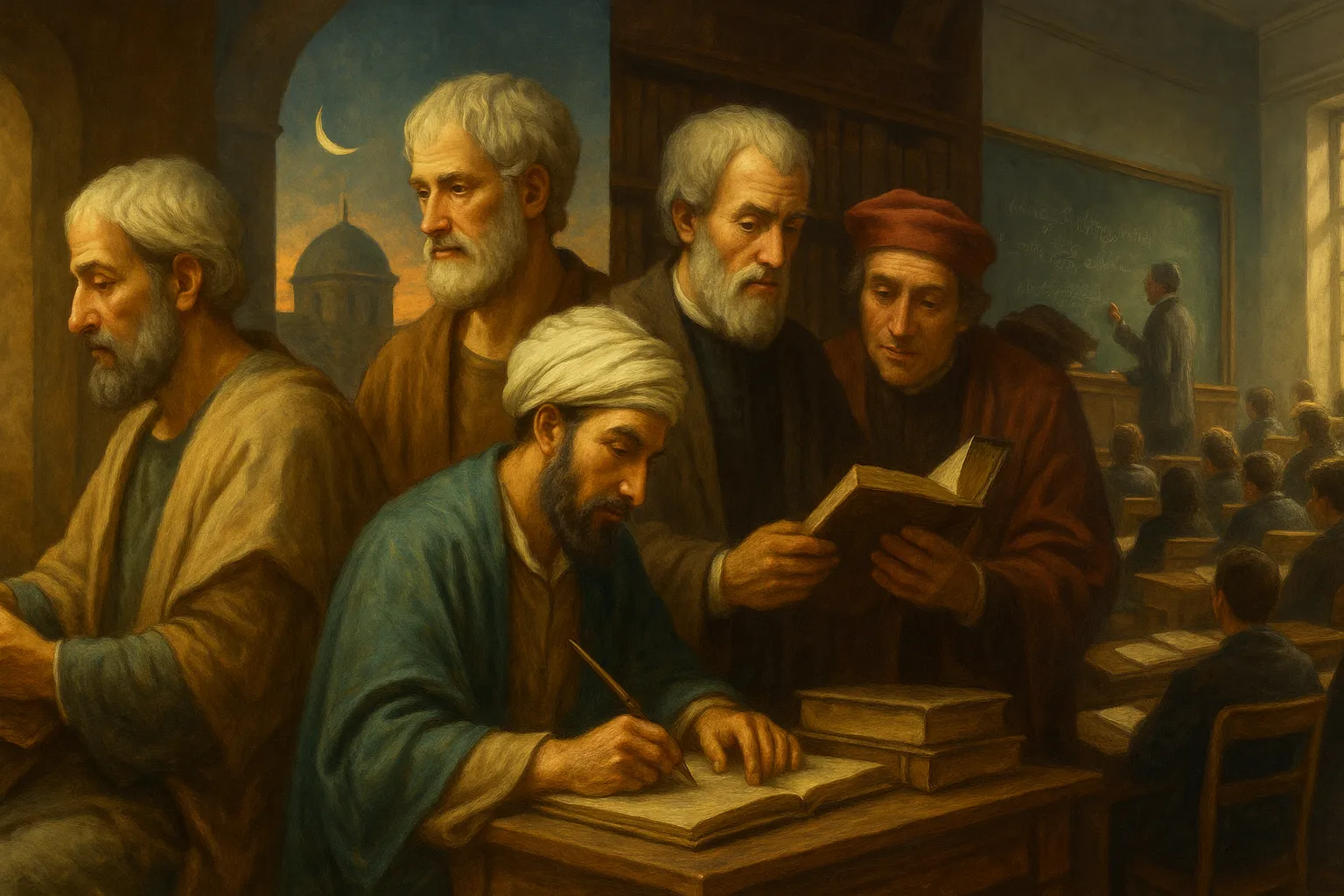
Few individuals have left as indelible a mark on human history as Aristotle. His works were rediscovered and preserved by Islamic scholars such as Averroes and Avicenna, translated into Latin during the Middle Ages, and extensively studied by Renaissance humanists, theologians, and scientists alike. Even today, Aristotelian concepts are debated in university classrooms and his analytical methods continue to inspire researchers across disciplines.
Aristotle did not merely contemplate the world—he helped build the tools by which we still attempt to understand it. In an age where information is abundant but critical thinking is scarce, turning to Aristotle is not just an academic exercise but an intellectual imperative.

